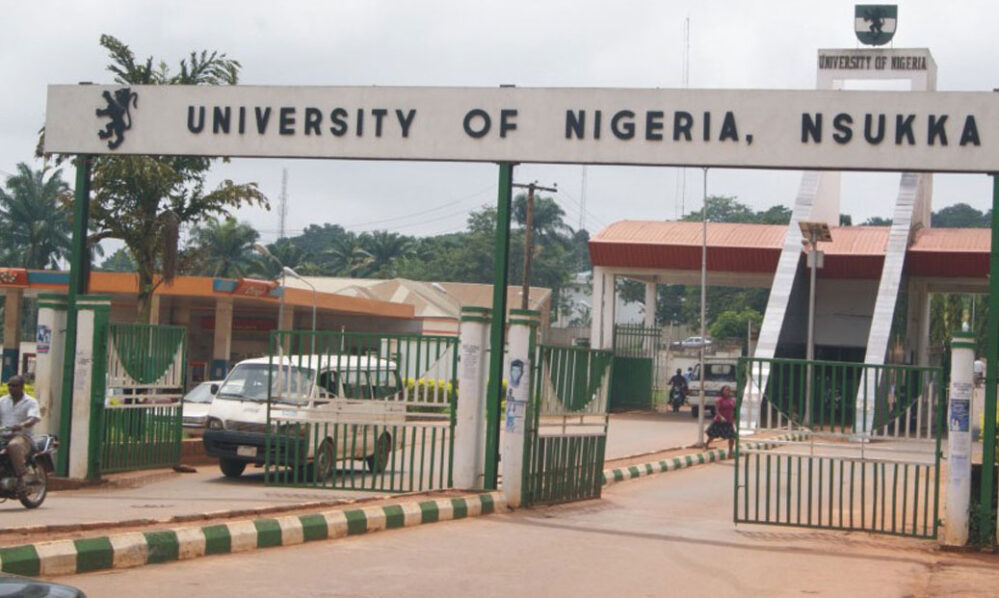
The newly elected Governing Council of the University of Nigeria, Nsukka (UNN), on Tuesday, announced its readiness to embark on a transformative journey to shape the institution’s future.
The University, under the leadership of General Ike Nwachukwu, the Pro-Chancellor, and Professor Polycarp Emeka Chigbu, the acting vice chancellor, concluded its governing council elections this week.
In a statement, Prof. Ifeanyichukwu Abada of the Department of Political Science commended the university leadership for their meticulous planning and execution of the elections, which were widely praised as free, fair, and credible.
The senate representatives of the Senate in the Governing Council are; Professor Ejim Emmanuel Chukwudi; Professor Idika Kalu Idika; Professor Attahmah Anthony; Professor Agwu Ekwe Agwu
He noted that the stakeholders, including academic staff, non-teaching staff, alumni, and the wider university community, acknowledged the administration’s dedication to democratic principles.
“Their election underscores the faith of the university’s academic body in their capacity to lead and contribute meaningfully to governance. Congregation Representatives: The Congregation elections affirmed the importance of inclusivity by featuring both teaching and non-teaching staff,” he said.
“Mr. Temple Onwukwe was elected as the Congregation Representative for Non-Teaching Staff, recognized for his unwavering dedication to the institution. Professor Onyishi Ike was elected as the Congregation Representative for Teaching Staff, reflecting his peers’ trust in his vision and leadership.”
Looking ahead, he said the newly elected Governing Council representatives face the significant responsibility of driving policies and initiatives that will propel UNN to greater heights.
He added, “Their diverse perspectives and shared commitment to excellence provide a strong foundation for addressing the institution’s challenges and leveraging opportunities for growth.
“UNN’s innovative approach to governance, particularly through the digital Convocation election, has established it as a leader in institutional modernization. The success of these elections signals a bright future for the university, where inclusivity, transparency, and technological innovation remain at the forefront of its vision.”






